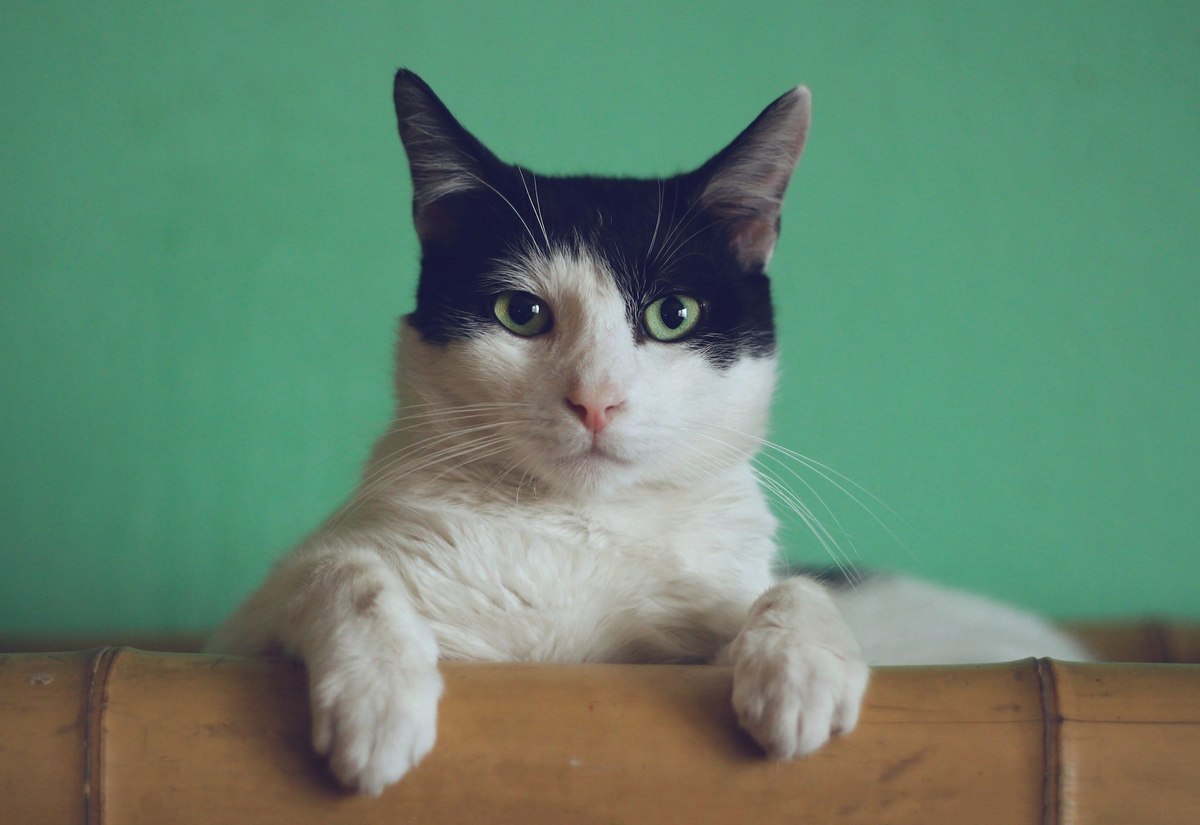
US pet owners more likely to have been diagnosed with mental ill-health
Pets are important companions and family members and are often said to bolster the mental health of their human friends. Data pulled from YouGov Profiles about the US market suggests that there's a connection between owning pets and psychological well-being, but it may not be what you expect.
To receive monthly insights about the health and pharma industry register here.
Our data compares those belonging to cat-owning households to both those that own dogs and to people with no pets. Of the three groups, cat-owners have the highest rates of depression (26%) and anxiety (30%) at some stage in their lives. They’re followed by dog-owners, at 23% for depression and 27% for anxiety. This means that cat-owners are 13% more likely than dog-owners to have been afflicted with depression and 11% more likely to have been afflicted with anxiety at some point in their lives.
Some may jump to the conclusion that owning a pet causes mental ill-health but in fact the data may simply suggest that people who are aware of their own mental health struggles are more likely to acquire a pet at some point – potentially to improve their wellbeing.
The difference between dog- and cat-owners is small compared to the difference between these groups and those who own no pets at all. Only 15% of pet-less people been diagnosed with depression and only 17% with anxiety. When compared to this group, cat-owners are 76% more likely to have been afflicted with anxiety and 73% more likely to have been diagnosed with depression at some point. For dog-owners, the gap is 56% for anxiety and 59% for depression.
These groups also seek help in proportion to how often they’ve been diagnosed. A third of cat-owners (33%) have sought professional counselling at some point, followed by dog-owners at 27% and non-pet-owners at 21%. When it comes to taking time away from work to care for their mental health, 43% of cat-owners have taken a mental health day, followed by 39% of dog-owners and only 28% of the pet-less.
Make smarter business decisions with better intelligence. Understand exactly what your audience is thinking by leveraging our panel of 20 million+ members. Speak with us today.
These measures are in line with people’s perceptions of their mental health. Both dog- and cat-owners are slightly less likely to consider themselves mentally and emotionally healthy than are non-pet-owners. Both cat-owners (17%) and dog-owners (16%) are also more likely than the pet-less (14%) to say “I do not consider myself healthy.”
Whatever pets’ contribution to wellbeing, our data shows that people who have been diagnosed with depression or anxiety at some point are more likely to own them (seven points more likely to own a cat and four points more likely to own a dog than the general population). Would that be the case if their impact were deleterious? We’ll let you decide.
Explore our living data – for free
Health and Pharma
Discover more health and pharma content here
Want to run your own research? Start building a survey now
Make smarter business decisions with better intelligence. Understand exactly what your audience is thinking by leveraging our panel of 20 million+ members. Speak with us today.
Methodology: YouGov Profiles is based on continuously collected data and rolling surveys, rather than from a single limited questionnaire. Profiles data for the US is nationally representative of the online and weighted by age, gender, education, region, and race. Learn more about Profiles.
Photo by Manja Vitolic on Unsplash